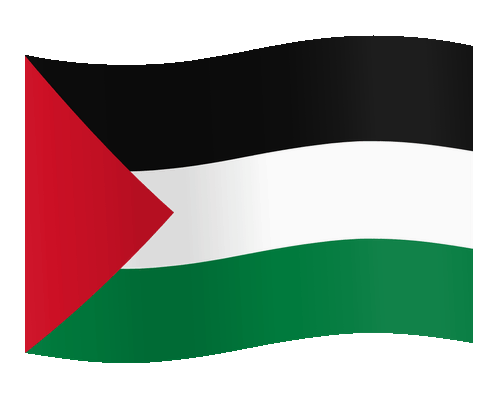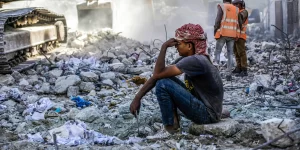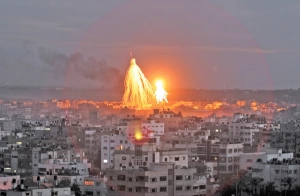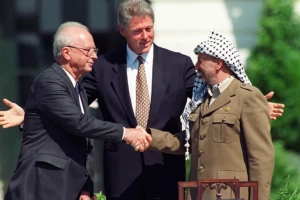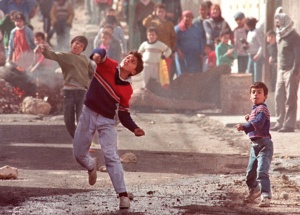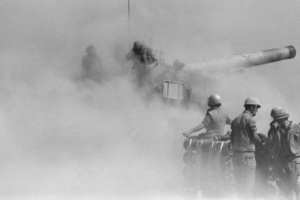On July 8, 2014, Israel launched a military operation in the Gaza Strip, known as Operation Protective Edge. The conflict lasted for 50 days, and it was characterized by intense fighting between Israeli forces and Palestinian militant groups, primarily Hamas, which controlled Gaza. The conflict resulted in significant casualties and destruction in Gaza, and it drew international attention and condemnation.
The scale of human loss, destruction, devastation, and displacement caused by the 2014 conflict in Gaza – the third within seven years – was catastrophic, unprecedented and unparalleled in Gaza, since at least the start of the Israeli occupation in 1967 and further eroded whatever resilience the people in Gaza still have left. During the 50 days of hostilities lasting from 8 July until 26 August 2014, 2,251 Palestinians were killed; 1,462 of them are believed to be civilians, including 551 children and 299 women. 66 Israeli soldiers and five civilians, including one child, were also killed. Overall, 11,231 Palestinians were injured during the conflict, including 3,540 women and 3,436 children. Roughly one third of these children will have to cope with disabilities lasting throughout life because of their injuries.
During the conflict, 118 UNRWA installations were damaged, including 83 schools and 10 health centers. In total, over 12,600 housing units were totally destroyed and almost 6,500 sustained severe damage. Almost 150,000 additional housing units sustained various degrees of damage and remained inhabitable. The conflict led to a massive displacement crisis in Gaza, with almost 500,000 people internally displaced at its peak.
Throughout the armed conflict, UNRWA provided humanitarian assistance (including non-food-items, food, water, psycho-social support) to internally displaced persons in 90 of 156 UNRWA school buildings, with the remaining school buildings either unsafe or damaged. On 23 August 2014, a record-high of 292,959 internally displaced persons were counted in 85 UNRWA school buildings.
https://www.unrwa.org/2014-gaza-conflict
